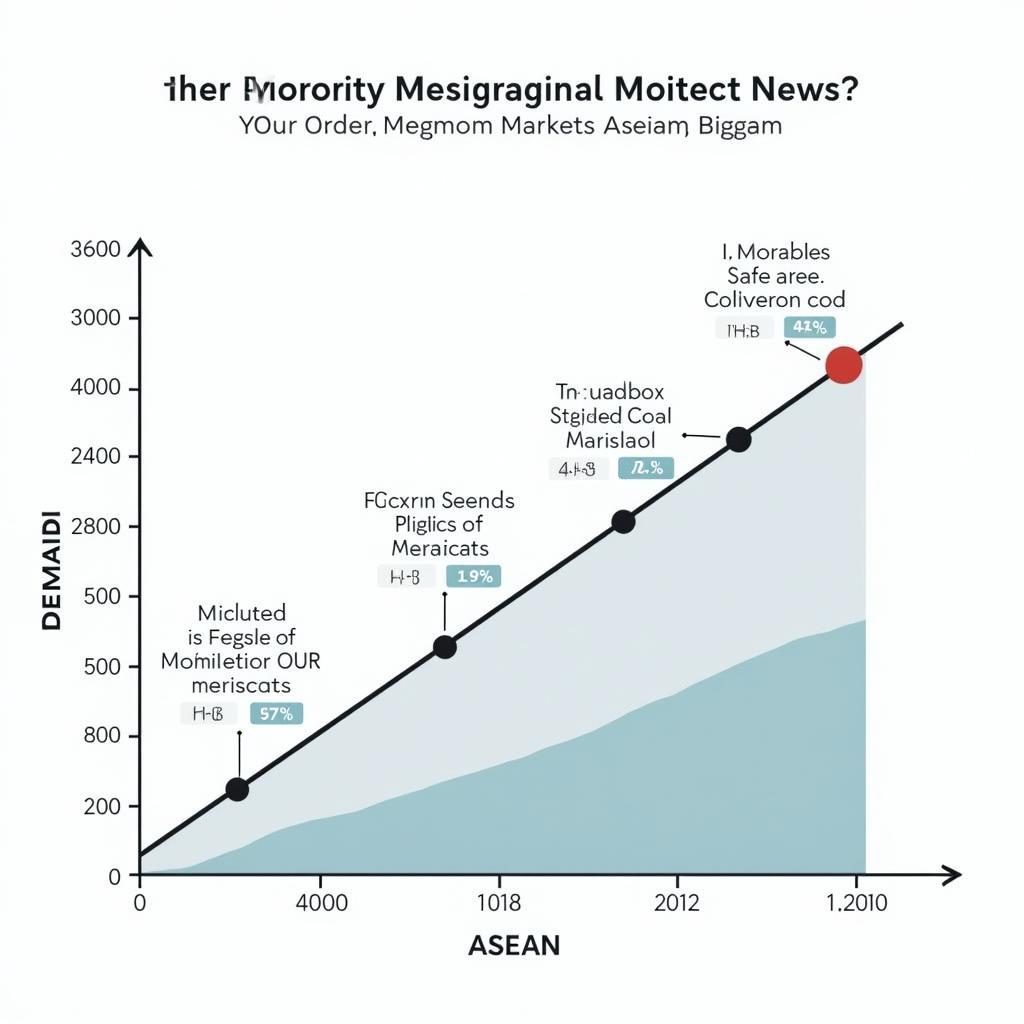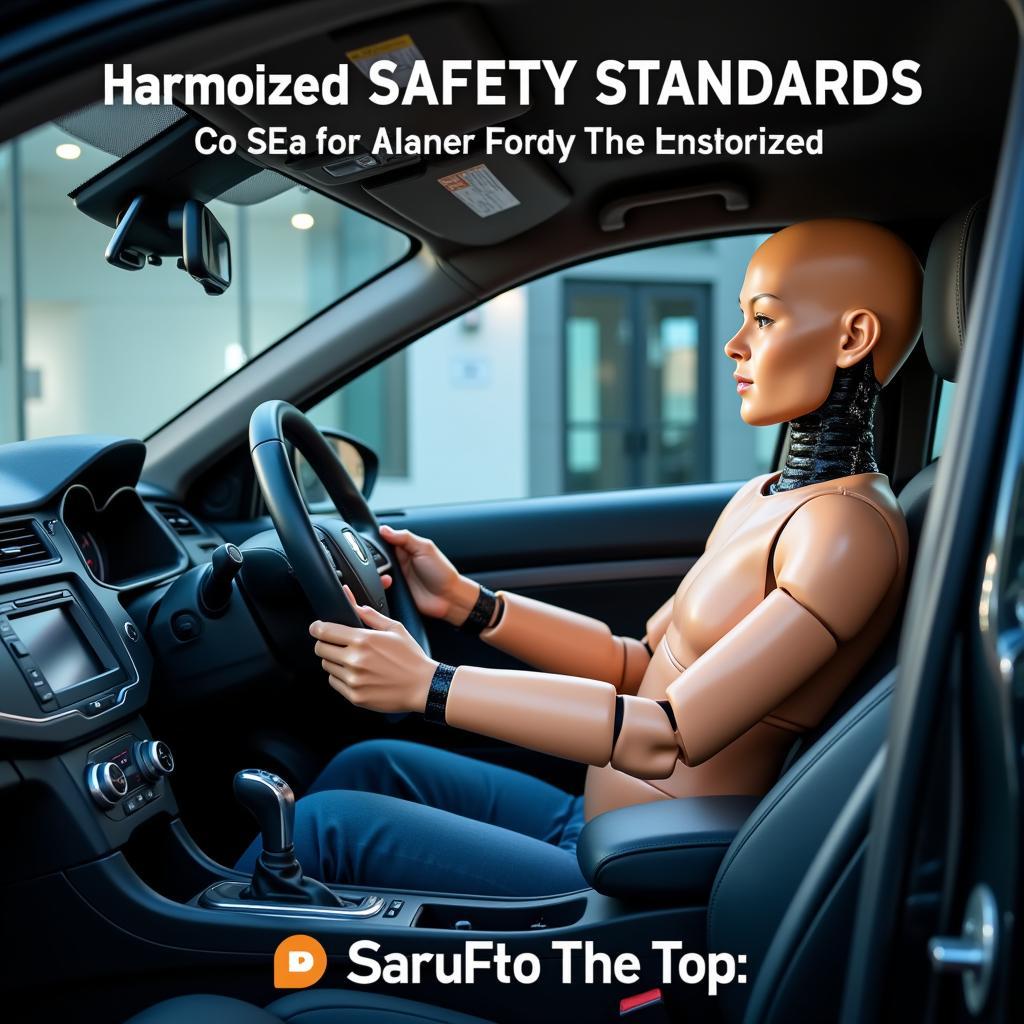The Asean Automotive Product Working Group (APWG) plays a crucial role in fostering a unified automotive market within Southeast Asia. This group works diligently to harmonize vehicle regulations, standards, and certification procedures across the ASEAN member states, aiming to streamline trade and boost the region’s automotive industry. Here at Asean Media, we’ll explore the APWG’s impact on the automotive landscape. Check out our resources on the ASE Singapore contact for further information.
What is the ASEAN Automotive Product Working Group (APWG)?
The APWG is a specialized working group under the ASEAN Consultative Committee for Standards and Quality (ACCSQ), focusing specifically on automotive products. It’s a collaborative platform where representatives from each ASEAN member state come together to discuss, develop, and implement common standards related to vehicle safety, emissions, and other technical aspects. Their aim is to create a level playing field for manufacturers while ensuring consumer safety and environmental protection.
The Importance of Harmonization in the Automotive Sector
Harmonizing automotive regulations is essential for several reasons:
- Facilitates Intra-ASEAN Trade: Common standards reduce technical barriers to trade, enabling manufacturers to seamlessly export and import vehicles within the region. This fosters a more integrated and competitive automotive market.
- Attracts Foreign Investment: A harmonized regulatory environment makes ASEAN a more attractive destination for foreign automotive companies, fostering investment and job creation.
- Enhances Consumer Safety: Agreed-upon safety standards ensure that vehicles sold in the region meet minimum safety requirements, protecting consumers across all ASEAN countries.
- Promotes Environmental Protection: Harmonized emissions standards contribute to regional environmental protection efforts by limiting the environmental impact of vehicles.
- Supports the Development of the Automotive Industry: The APWG’s work helps strengthen the ASEAN automotive industry’s competitiveness in the global market.
Key Functions and Responsibilities of the APWG
The APWG undertakes several key functions, including:
- Developing common technical regulations and standards: This includes working on areas such as vehicle safety, emissions, fuel efficiency, and components.
- Harmonizing testing and certification procedures: This ensures that vehicles are tested and certified according to consistent procedures across the region.
- Facilitating information exchange and cooperation: The APWG provides a platform for ASEAN member states to share best practices and collaborate on automotive-related issues.
- Monitoring the implementation of agreed-upon standards: This ensures that all member states adhere to the established regulations.
- Engaging with stakeholders: The APWG interacts with industry representatives, consumer groups, and other stakeholders to gather input and ensure its work addresses the needs of all parties.
“A robust regional framework allows for the seamless movement of vehicles and components, crucial for boosting intra-ASEAN trade,” states Dr. Amelia Tan, a leading automotive industry expert in Singapore.
Challenges and Opportunities for the APWG
While the APWG has made significant progress, challenges remain:
- Differing levels of development: ASEAN member states are at different stages of economic and technological development, which can make it challenging to agree on common standards.
- National interests: Each member state has its own automotive industry priorities, which can sometimes create conflicts of interest.
- Enforcement and implementation: Ensuring consistent implementation and enforcement of regulations across all member states remains a key challenge.
However, opportunities also exist:
- Regional economic integration: The ongoing integration of the ASEAN economy creates a conducive environment for further harmonization. You can learn more about this through the ASE study books Amazon.
- Technological advancements: New technologies can facilitate the development and implementation of more advanced and environmentally friendly vehicle standards.
- Growing consumer demand: The increasing demand for vehicles in the region creates a strong incentive for further harmonization to meet consumer needs and preferences.
“The APWG’s success hinges on its ability to navigate diverse interests while maintaining a focus on regional benefits,” notes automotive consultant, Mr. Chandra Wijaya.
 ASEAN Automotive Market Growth
ASEAN Automotive Market Growth
The Future of Automotive Harmonization in ASEAN
The APWG is poised to play an even more important role in the future as the ASEAN automotive industry continues to grow and evolve. Further harmonization can unlock significant economic benefits for the region, while also contributing to improved safety and environmental protection. For more insights into vehicle certification within ASEAN, explore our page on ASE vehicle certification.
 ASEAN Vehicle Safety Standards Improvement
ASEAN Vehicle Safety Standards Improvement
Conclusion
The ASEAN Automotive Product Working Group (APWG) is instrumental in shaping the future of the automotive industry in Southeast Asia. By harmonizing regulations and standards, the APWG is creating a more integrated and competitive market, fostering growth, and ensuring safer and more environmentally friendly vehicles for all ASEAN citizens.
FAQs
- What does APWG stand for? APWG stands for ASEAN Automotive Product Working Group.
- What is the main goal of the APWG? The main goal is to harmonize automotive standards across ASEAN.
- How does the APWG benefit consumers? It ensures vehicles meet minimum safety and environmental standards.
- Who are the members of the APWG? Representatives from each ASEAN member state.
- What challenges does the APWG face? Differing levels of development and national interests.
- What opportunities exist for the APWG? Regional economic integration and technological advancements.
- How can I learn more about ASEAN’s technical documentation processes? Check out our resource on the ASEAN Common Technical Document.
Need more support? Contact us 24/7 at Phone: 0369020373, Email: aseanmediadirectory@gmail.com or visit us at: Ngoc Lien Village, Hiep Hoa, Bac Giang, Vietnam.